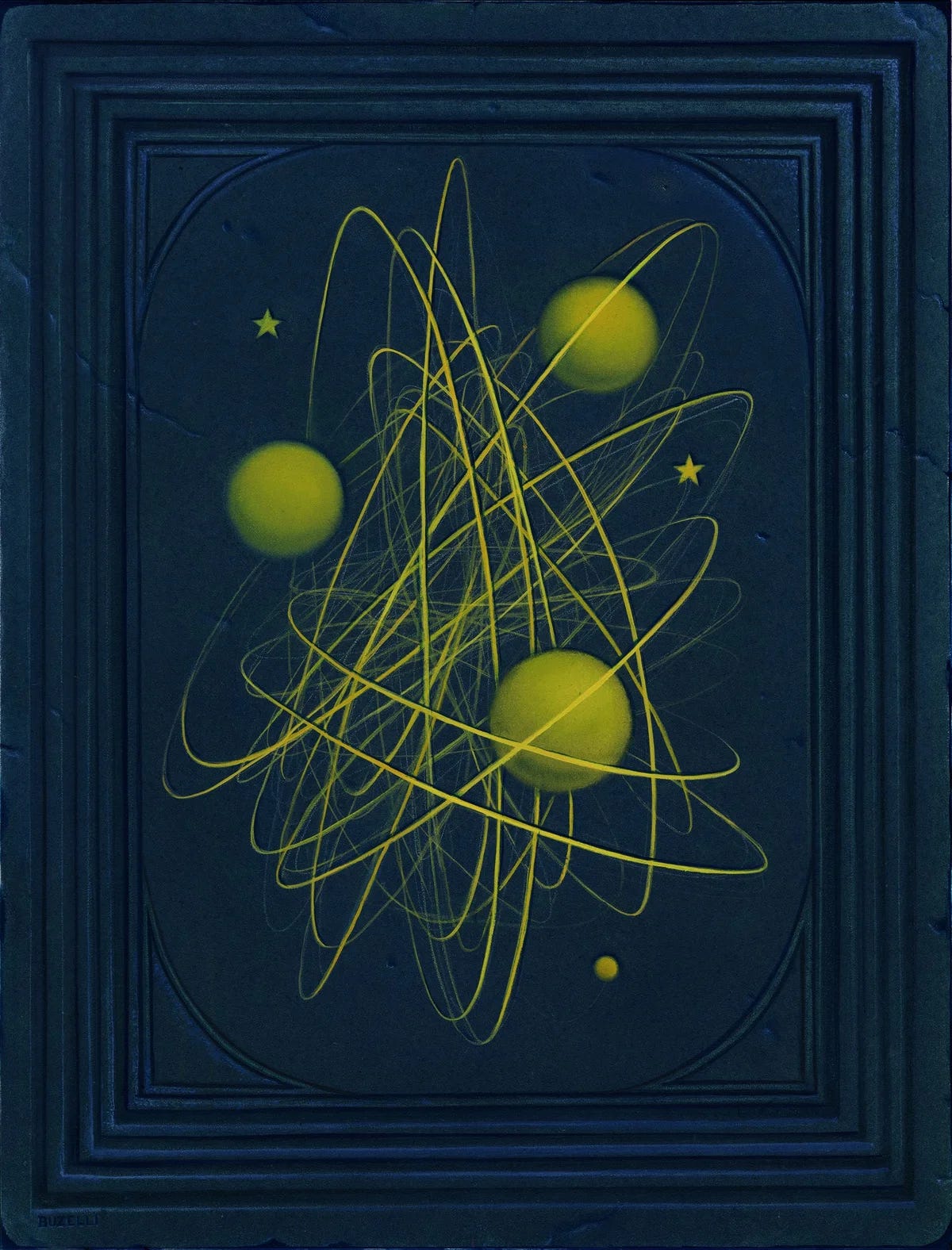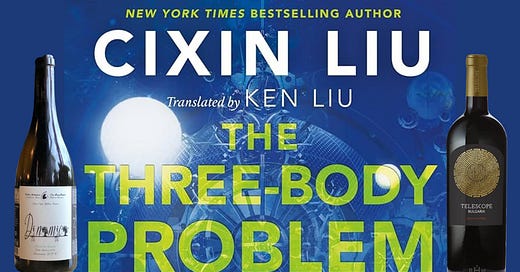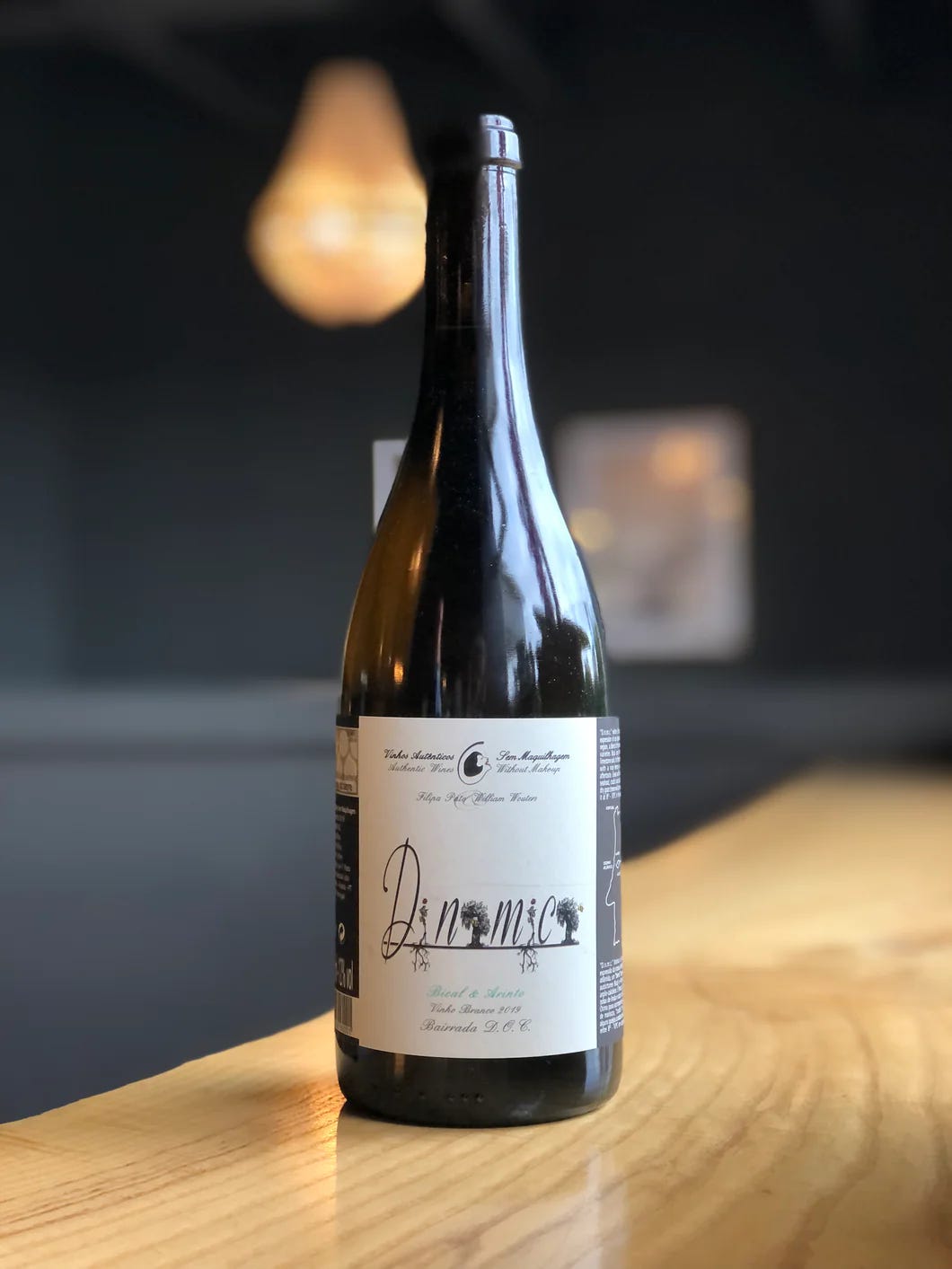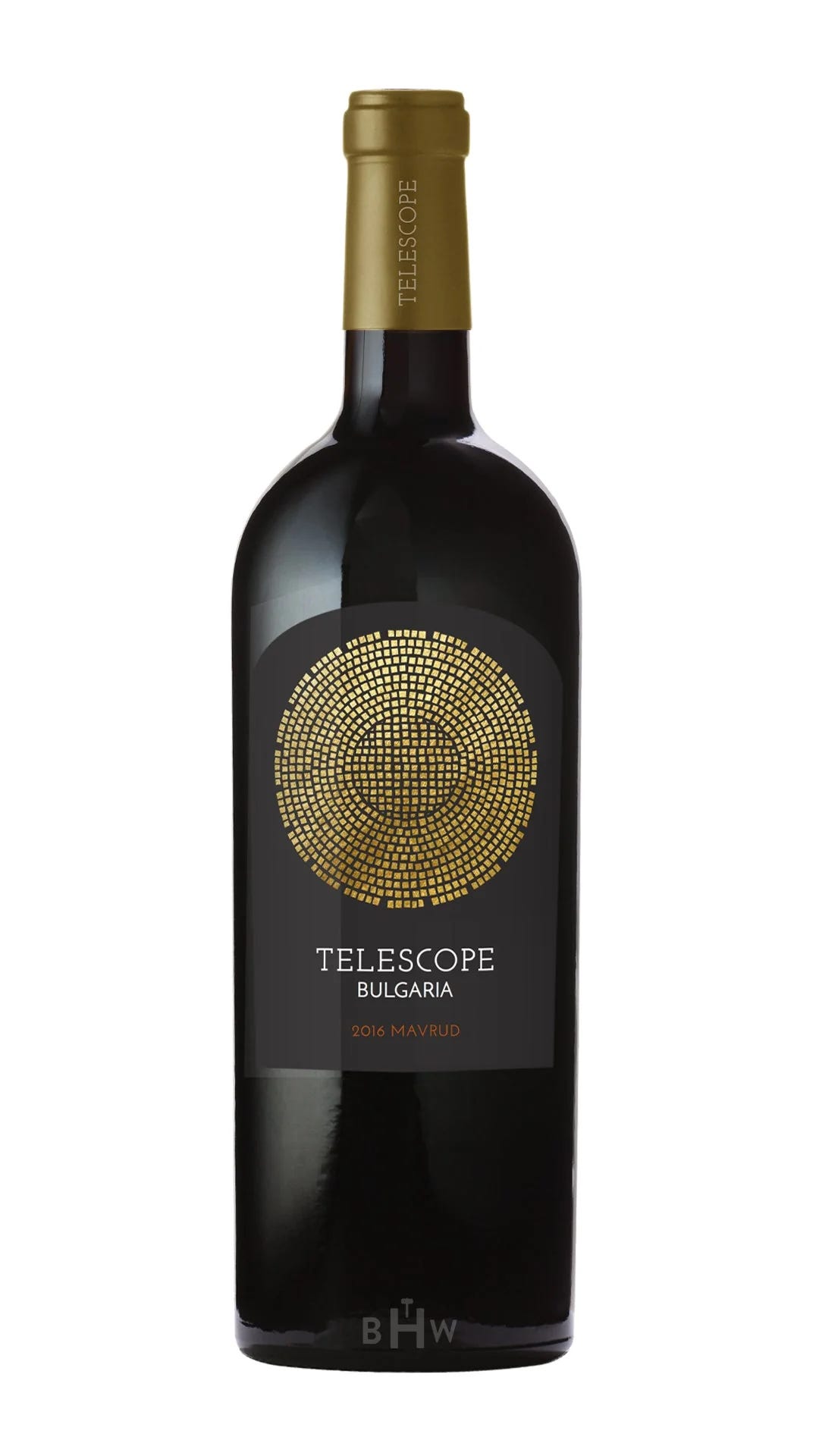Today we tackle the Chinese sci-fi sensation, the first book in the "Remembrance of Earth's Past" trilogy by Liu Cixin, the first Asian winner of the Hugo Award.
The novel opens during China’s “Cultural Revolution”, a turbulent, violent, chaotic period that traumatized an entire generation and took decades before the country’s political fires were tamped down.
(This opening was something the Chinese publisher had to bury in the middle of the domestic edition to get it past government censors, but it was put back at the front of the English language edition, thus strangely making the translated edition the more authorially accurate!)
What happenes when people lose faith in humanity’s ability to evolve and ever go down the “right path”? What happens when they instead put their faith in the completely unkown and alien? An epic that spans 450 years and is very apropos of the current political times we live in begins here.
UNCUT vs. FREE
If you’re a paid subscriber, you’ll see the FULL UNCUT episode above. If you’re a free subscriber, you’ll see the edited version, that is available across the entirety of the winecast-o-sphere (now a word.)
UNCUT version: 77 minutes
(includes discussions on the two TV series adapted from the novel, plus the Wandering Earth movie adapted from the author’s short story of the same name not included in the free version)
Free version: 70 minutes
The free version of the show can also be found at any of the below:
What the Heck is a Three-Body Problem?
I’m no physicist, but you can delve deeper into this actual “unsolveable” problem in physics here.
The short answer is: a “two-body problem” is the basis for Newton/Keppler’s “laws of planetary motion”, calculating how two bodies would move through space given their gravitational effect on each other. So the Earth/moon. And any given planet + our sun are all “two-body problems” with calculatable, predictable solutions.

A “three-body problem” is when three large bodies with significant gravitaional mass effect each other. And somewhat scandalously, it appears there’s no actual solution to this.
There are many elements of “chaos” within the equations this derives, equations that require supercomputers to calculate each individual movement and then the next and then the next and then the next, etc. And the movements are non-repeating. Essentially, you can calculate each movement and then the next forever, but you’ll never determine a “solution”, you’ll never find a repeatable pattern. The movements are, in that sense, choatic.
How does this physics puzzle play into the novel? Listen to the episode to find out!
The Wines
Two wines made from native grapes to pair with a novel about first contact with aliens. A fun contrast, that. :)
Dallas’ Wine
Filipa Pato 'Dinamica' Bairrada Branco 2023
A blend of 80% Bical and 20% Arinto from the Bairrada region in central Portugal, both are native grapes. Whole cluster pressed, fermented in tank, and aged in casks. A tiny bit of sulfur is added after malolactic fermentation is completed. Aged for 5-6 months on the lees. 11.5% abv.
Filipa Pato and her husband William Wouters are located in the Bairrada region of central Portugal. Filipa hails from one of Portugal’s most famous winemaking families, the Patos. Her father Luis was instrumental in putting high quality, indigenous grape-based wines on the map.
Filipa and William work biodynamically and you should seriously follow her on instagram and check out the cutest family of pigs that help turn and weed the soil in their vineyards.
Dave's Wine
2016 Telescope Mavrud Bulgaria
This wine features an indigenous Bulgarian red varietal, Mavrud.
This is, to my knowledge, my first Bulgarian wine. Bulgaria has five main viticulture areas: Thracian Valley, Danube Plain, Black Sea Coast, Rose Valley, and Struma Valley. Naturally each can be subdivided even further, but this is from the Thracian Valley which rests on the same latitudinal plain as Tuscany and Rioja.
Grapes for this wine are from the southernmost point of Bulgaria on the hills that make up the country's border with Greece. Terroir of clay and something called “cinnamon forest soils”, and a south-facing slope which provide excellent conditions for the vines of this Bulgarian original. Bulgaria's geographic location has placed it at the center of various political tensions over the decades so that has greatly inhibited the export of its native wines.
This was exported by a husband/wife duo, the wife being a Bulgarian native, and she introduced her American husband to Bulgarian wines. He became a huge fan, and the two founded Telescope Winery for the express purpose of bringing Bulgarian wines made with native Bulgarian grapes to America.
Fruit sorted by hand, after fermentation, the wine was aged for ten months in French oak barrels. Familiar yet slightly challenging, there's something "different" in the glass. Something exotic as compared to most West European and American reds. For this first novel, I wanted a wine that was just a touch of challenging, a hint of alienness.
DEAL ALERT!!!
Usually $30-$35 per bottle, you can currently purchase the Telescope Mavrud for $9.99/bottle + free shipping with 6 bottles or more (so $59.94 for 6 bottles + free shipping!!!) at Big Hammer Wines.
Continental United States only.
Get the Deal Here While it Lasts
Listen to this episode with a 7-day free trial
Subscribe to Wine and... to listen to this post and get 7 days of free access to the full post archives.
















